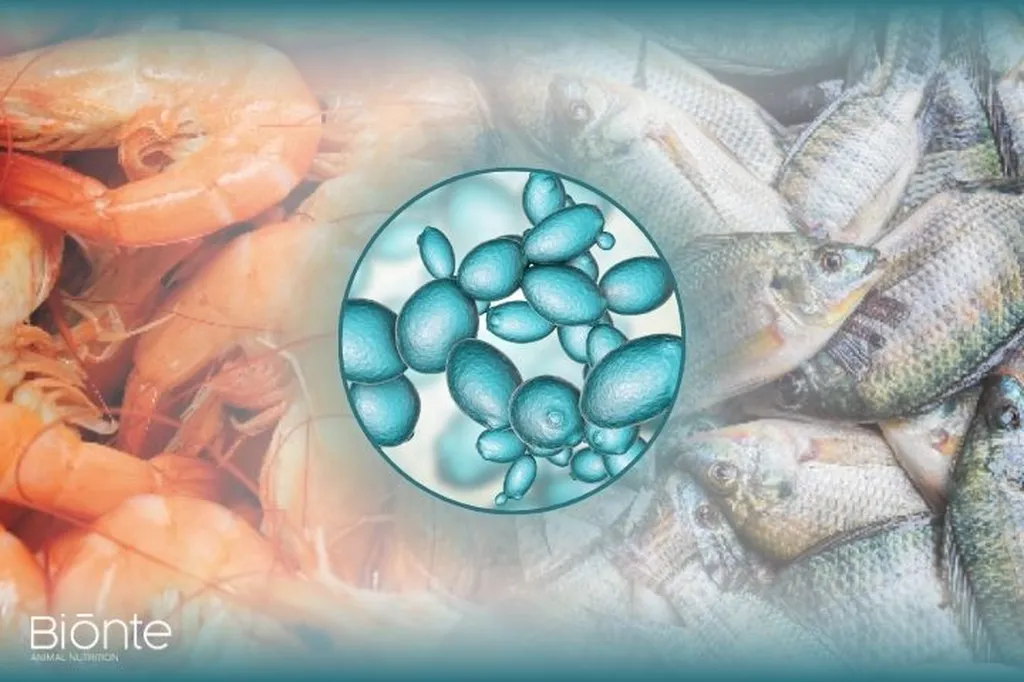In the quest to boost aquaculture production without relying on antibiotic growth promoters, researchers have turned to yeast culture (YC) as a promising alternative. A recent study led by Shengqiang Tao from the College of Animal Science and Technology at Northeast Agricultural University in Harbin, China, has shed light on how dietary yeast culture can enhance the growth performance of Cyprinus carpio, commonly known as common carp. The findings, published in the journal ‘Aquaculture Reports’ (which translates to ‘Aquaculture Reports’ in English), offer valuable insights into the mechanisms behind YC’s effectiveness and its potential implications for the aquaculture industry.
The study involved feeding common carp with diets supplemented with varying levels of yeast culture—0, 10, 20, and 30 grams per kilogram—for eight weeks. The results were striking. Fish fed a diet containing 10 grams per kilogram of YC showed significant improvements in weight gain rate, protein efficiency ratio, specific growth rate, and feed conversion ratio. “The apparent digestibility of lipids and proteins was also significantly increased,” noted Tao, highlighting the enhanced digestive capabilities of the fish.
One of the most intriguing findings was the improvement in intestinal structure and digestive enzyme activities. Fish fed 10 grams per kilogram of YC exhibited significantly higher intestinal villus height and width, as well as increased activities of the digestive enzymes trypsin and lipase. This suggests that the benefits of YC are largely due to its positive effects on the digestive system rather than changes in the composition of the intestinal microbiota.
However, the study also revealed that excessive levels of YC can have adverse effects. Fish fed 30 grams per kilogram of YC showed reduced growth performance, apparent digestibility of dry matter and protein, and intestinal trypsin activity compared to those fed 10 grams per kilogram. “Excessive levels of YC may cause imbalances in the gut flora, resulting in growth inhibition,” Tao cautioned.
The implications of this research are significant for the aquaculture industry. As the ban on antibiotic growth promoters continues to influence production practices, the search for effective and sustainable alternatives has become increasingly important. Yeast culture emerges as a viable option, offering a natural and effective way to enhance growth performance and digestive health in common carp.
Looking ahead, this study paves the way for further research into the optimal levels and mechanisms of YC supplementation in various fish species. It also underscores the importance of balancing dietary supplements to avoid potential imbalances in gut microbiota. As the aquaculture industry continues to evolve, the findings from this study could shape future developments in feed formulations and production practices, ultimately contributing to more sustainable and efficient aquaculture systems.
In the words of Shengqiang Tao, “Our results supported the applicability of dietary 10 grams per kilogram YC as a growth promoter for common carp through the improvement of intestinal digestive enzymes and intestinal structure but not gut microbial composition.” This research not only advances our understanding of YC’s role in aquaculture but also offers practical insights for industry professionals seeking to optimize fish growth and health.

